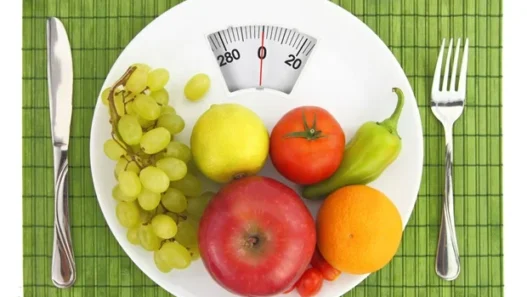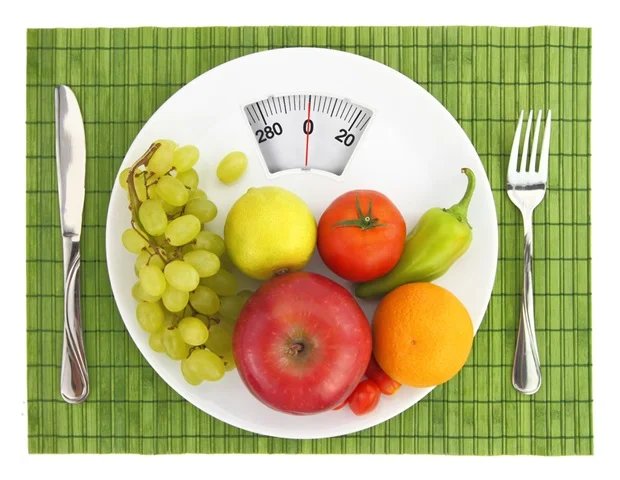Millions seek speed to lose weight and to be in their best health, and the diet industry is keen to offer them solutions. Go on a trend diet like fad diets: another age-old formula that has miraculous outcomes and requires little time and effort.
What is under the surface of these popular plans? It is important to learn about the mechanics, dangers, and realities of fad diets to make sound, healthy decisions that would last a lifetime.
What Exactly is a Fad Diet?
Fad diet refers to a type of weight loss program that claims to give us too good a result within a very short time.
It is distinguished by a number of important characteristics: it is claimed to quickly help people lose weight, it is based on personal testimonials rather than scientific evidence, it involves avoiding entire food categories (such as carbs or fats), and it emphasizes a magic bullet food or nutrient.
These diets tend to be restrictive, unsustainable, and in and out of fashion. Some examples are the Cabbage Soup Diet, master cleanses, and extreme adherence to Keto or Paleo that focuses on absolute exclusion.

How Do They (Seem to) Work?
The first, the dramatic loss of weight which attracts dieters is largely because of the loss of water and the glycogen (stored carbohydrate) stores in the body. The body stores an average of 3-4 grams of water per gram of glycogen.
The extreme limitation of carbohydrates leads to the depletion of the body glycogen reserves, resulting in the loss of a considerable amount of weight in the form of water.
Moreover, these are sometimes extremely low calorie diets, which causes a significant energy deficit, resulting in some real fat loss. But such deficit is almost unbearable to sustain, and one quickly gains weight.
· Nutrient Deficiencies: The elimination of food groups can lead to deficiency of the required vitamins, minerals and fibre.
The Allure : Perceived benefits
The most obvious benefit, naturally, is the rapid loss of weight, which is a potent psychological stimulant. Certain diets can also prompt an initial replacement of heavily processed foods, sweets, and fast food with whole foods such as lean meat and vegetables. To others, the black-and-white rules offer a sense of structure that is easier to adhere to, rather than the more moderate approach.
What are the Significant Risks and Side Effects?
Fad diets are much too dangerous and their temporary advantages are minimal:
One of them is that removing grains leads to fibre and B-vitamins deficiency and removal of dairy may lead to calcium deficiency.
. Psychological Damage: The trend of restraint, deprivation, inescapable cheating and guilt could accumulate as a perverse relationship with food that leads to the yoyo diet with the potential development of disordered eating habits.
· Slowed Metabolism: The body thinks that excessive calorie restriction is starvation. Subsequently, it reduces its metabolism rate in order to save energy and thus it becomes difficult to shed off the weight later and it becomes easy to gain weight.
· Muscle Wastage: Rapid weight loss usually involves loss of lean muscle mass, which further leads to a slower metabolism.
· Physical Strain: There is a risk that some high-protein diets will overload or overwork the kidneys, or that other types of high-protein diets will affect cholesterol levels or lead to digestive discomfort.
Critical Facts and the strength of Natural resources
The truth is that not everybody is the same in terms of diet; genetics, lifestyle, and taste are all factors. The other sad reality is that a mere 95 percent of individuals who slim down on a fad diet will gain back the weight within 1-5 years.
Here is the everlasting folly of natural, whole foods. The real solution to sustainable health is to utilize natural resources instead of using costly, processed, so-called diet, products:
· Whole Foods are Nutrient-Dense: Fruits, vegetables, whole grains, legumes, nuts and seeds are full of the vitamins, minerals and fibre your body requires to be healthy, and they naturally prevent deficiencies.
· Supports Metabolism: Lean proteins such as chicken breast, fish, beans, and lentils are naturally lean and can help sustain muscle mass on a weight loss diet, maintaining your metabolism at a healthy rate.
· Fats are Good: Avocado, olive oil, and nuts are important sources of sustained energy, hormone health, and absorption of fat-soluble vitamins.
· Hydration is Important: Drinking more water, which is a totally natural and vital resource, will help with metabolism, hunger, energy level.
The Sustainable Way Forward
Another set of strict rules is not the alternative to a fad diet, but a long-lasting change of lifestyle. This involves:
· Balance over Elimination: It is better to add healthy foods to your diet instead of excluding others.
· Mindful Eating: you can become aware of when you are hungry and when you are full.
· Continuous Motion: Identify physical exercises that you really enjoy.
Conclusion
In summary, fad diet is a short-lived illusion, although the prospect of the fad diet is alluring. Health is not a one-second solution but a long-term choice to feed yourself with natural, wholesome foods and create healthy routines that will last. You can create physical and psychological wellness by moving beyond fast restriction to slow, holistic nourishment.

















